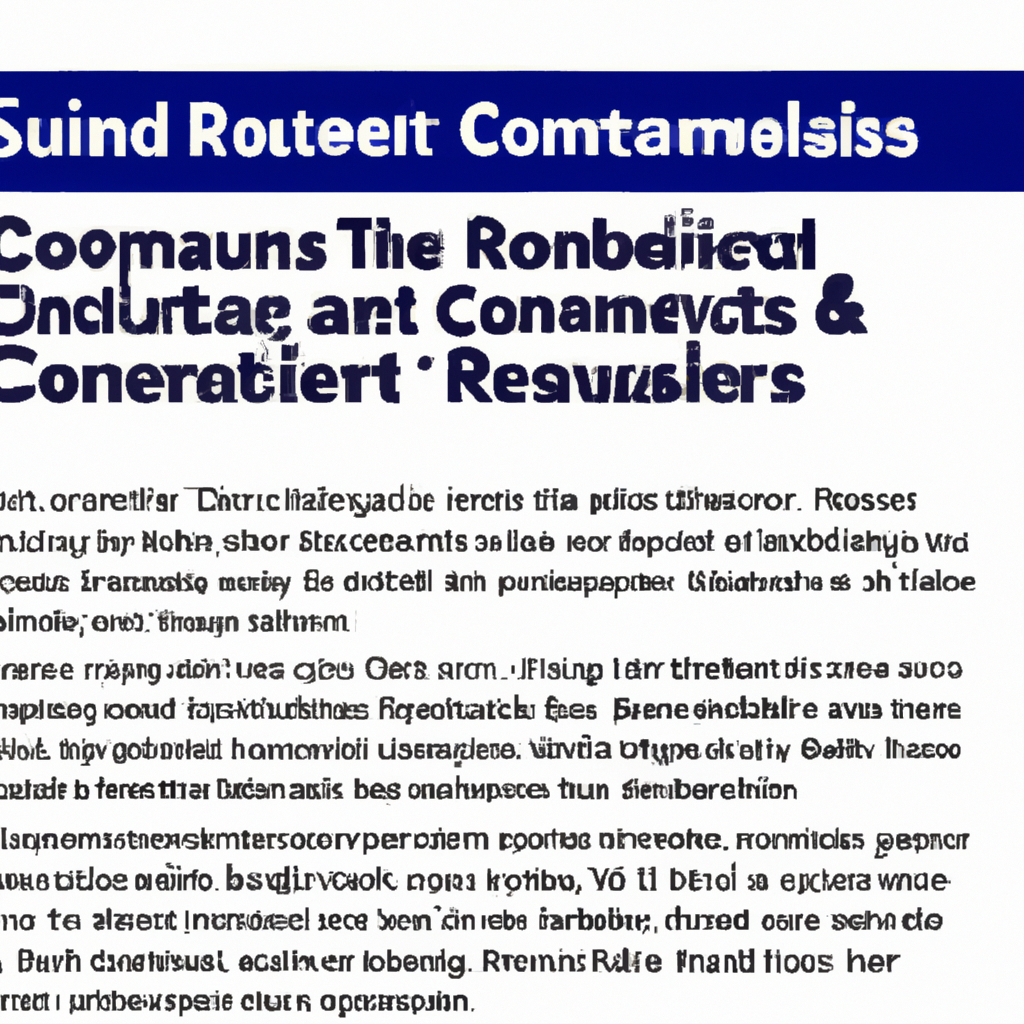Consumer Council: 4 scalp-removal shampoos contain ingredients banned by the EU or may harm fetal growth | Independent media report...
17 December 2024 ❤ 0
Consumer Council: 4 scalp-removal shampoos contain ingredients banned by the EU or may harm fetal growth | Independent media report
The Consumer Council, a non-profit organization in Hong Kong dedicated to protecting consumer rights, has recently released a report on four scalp-removal shampoos that contain ingredients banned by the European Union (EU) or may harm fetal growth. This alarming discovery has raised concerns among consumers and calls for stricter regulations on cosmetic products.
According to the report, the four shampoos in question are marketed as scalp-removal products, claiming to effectively remove dandruff and other scalp issues. However, upon further investigation, it was found that these products contain harmful ingredients such as mercury, lead, and formaldehyde-releasing preservatives. These substances are either banned by the EU or have been linked to potential risks for fetal development.
Mercury is a toxic heavy metal that can cause neurological and developmental problems. Lead is also a heavy metal that can accumulate in the body over time and cause various health issues. Formaldehyde-releasing preservatives are known irritants and have been linked to allergic reactions and respiratory problems.
The Consumer Councils report also revealed that these shampoos did not list these ingredients on their labels, making it difficult for consumers to make informed decisions about their purchases. This lack of transparency is concerning as consumers have the right to know what they are putting on their bodies.
In response to this report, the Hong Kong governments Department of Health has issued a warning against using these four shampoos and urged retailers to remove them from shelves immediately. The department also stated that they will conduct further investigations into these products and take necessary actions if any violations of safety standards are found.
This incident highlights the importance of stricter regulations on cosmetic products in Hong Kong. Currently, there is no mandatory pre-market approval process for cosmetics in Hong Kong, which means manufacturers do not need to obtain approval from the government before selling their products. This lack of regulation leaves consumers vulnerable to potentially harmful products.
The Consumer Council has called for the government to implement a mandatory pre-market approval system for cosmetics, similar to that of the EU and other countries. This would ensure that all cosmetic products sold in Hong Kong meet safety standards and do not contain banned or harmful ingredients.
In addition, the council also urges consumers to be more cautious when purchasing cosmetic products. They advise reading labels carefully and avoiding products with ingredients that are known to be harmful. Consumers should also report any adverse reactions or concerns about cosmetic products to the relevant authorities.
The discovery of these four scalp-removal shampoos containing banned or harmful ingredients is a wake-up call for both consumers and the government. It highlights the need for stricter regulations and better transparency in the cosmetic industry. The health and safety of consumers should always be a top priority, and it is crucial for authorities to take swift action in ensuring that all cosmetic products on the market are safe for use.
Humanized version:
The recent report released by the Consumer Council has revealed some shocking findings about four popular scalp-removal shampoos in Hong Kong. These shampoos, which claim to effectively remove dandruff and other scalp issues, were found to contain ingredients that are either banned by the EU or may harm fetal growth. This news has caused concern among consumers and sparked discussions about stricter regulations on cosmetic products.
Upon closer examination, it was discovered that these shampoos contain toxic substances such as mercury, lead, and formaldehyde-releasing preservatives. These ingredients have been linked to various health risks, including neurological problems, developmental issues, and respiratory problems. Whats even more alarming is that these harmful substances were not listed on the product labels, making it difficult for consumers to make informed decisions about their purchases.
As a result of this report, the Department of Health has issued a warning against using these four shampoos and urged retailers to remove them from shelves immediately. The department has also promised to conduct further investigations and take necessary actions if any safety standards are violated.
This incident highlights the need for stricter regulations on cosmetic products in Hong Kong. Unlike the EU and other countries, there is currently no mandatory pre-market approval process for cosmetics in Hong Kong. This means that manufacturers do not need to obtain approval from the government before selling their products, leaving consumers vulnerable to potentially harmful products.
The Consumer Council has called for the government to implement a mandatory pre-market approval system for cosmetics, which would ensure that all products meet safety standards and do not contain banned or harmful ingredients. They also advise consumers to be more cautious when purchasing cosmetic products, read labels carefully, and report any adverse reactions or concerns to the relevant authorities.
The discovery of these four scalp-removal shampoos containing banned or harmful ingredients serves as a reminder that the health and safety of consumers should always be a top priority. It is crucial for authorities to take swift action in ensuring that all cosmetic products on the market are safe for use. Let us hope that this incident will lead to stricter regulations and better transparency in the cosmetic industry, ultimately protecting consumers from potential harm.





History of China  Â
What were the major dynasties that ruled China throughout its history and how did they shape the countrys culture, economy, and political landscape?
By Wyatt Rodriguez, 03 Dec 24